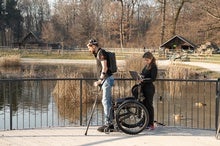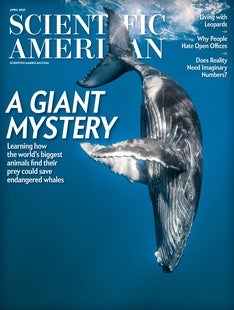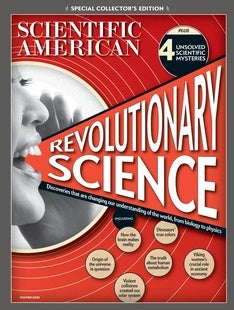 |
| May 30, 2023 |
Over the past several months, we have written a lot about the impressive abilities of language-generating AI programs like ChatGPT. But those abilities have their limits. In this week's lead article, Scientific American news reporter Meghan Bartels stumped ChatGPT with brain teasers by, or inspired by the work of, legendary math puzzler Martin Gardner. Then she consulted AI experts to find out why the program kept getting the wrong answers—and what its failures tell us about the limitations of large language models. |
| | Sophie Bushwick, Associate Editor, Technology | |
 |
| |
| |
| |
| |
| |
| |
| |
| |
| |
FROM THE STORE
 | | | |
| QUOTE OF THE DAY
 "The complaints, which were reported across the US, Europe, and Asia, span from 2015 to March 2022. During this period, Handelsblatt says Tesla customers reported over 2,400 self-acceleration issues and 1,500 braking problems, including 139 reports of 'unintentional emergency braking' and 383 reports of 'phantom stops' from false collision warnings." Emma Roth, The Verge | |
FROM THE ARCHIVE
 | | | |
LATEST ISSUES
 |
| |
| Questions? Comments?  | |
| Download the Scientific American App |
| |
| |






















